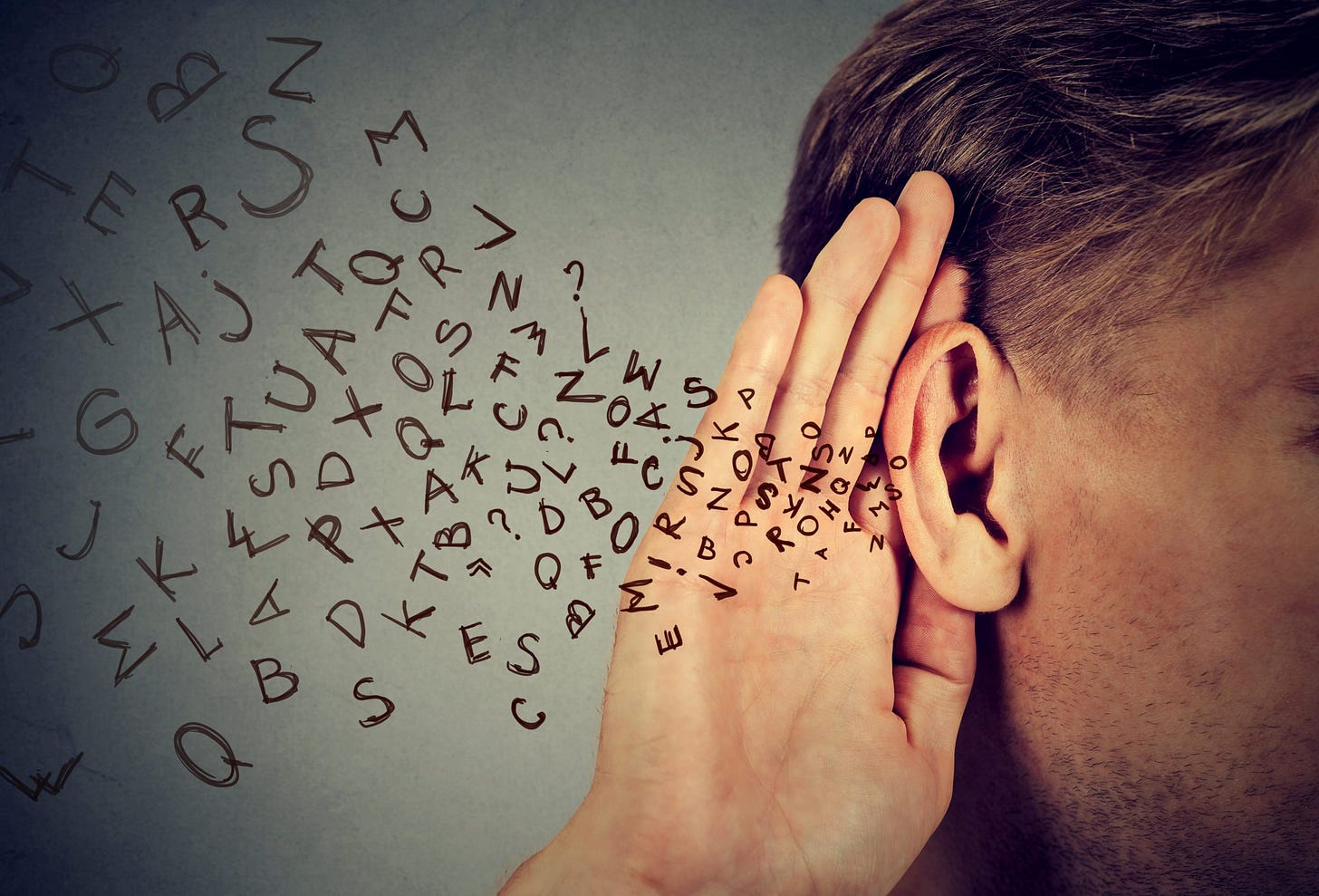Hearing Loss
Written by Ayebamiebi Yousuo
What is Hearing Loss?
Hearing loss is any form of impairment that leads to a decrease in the ability to hear properly while deafness is a total loss of the ability to hear. It is different from deafness, in that in deafness there is a total loss of the ability to hear.
Types of Hearing Loss
There are 3 types of hearing loss:
Conductive hearing loss: this has to do with any impairment to the conduction of sound from the environment to the component of hearing in the inner ear. It can be due to abnormality in the external ear or middle ear.
Sensorineural hearing loss: this has to do with impairment to the ability to sense sound via the sensory component(Cochlear) or the ability to carry the impulse via the neural component (Vestibulocochlear nerve).
Mixed hearing loss: this impairment is a combination of both conductive and sensorineural hearing loss.
Cause of Hearing Loss
Excessive earwax: excessive earwax which can be from overproduction or under-excretion can block the external auditory canal and cause some form of hearing loss.
Ageing (presbycusis): Ageing can be accompanied by a lot of deterioration from optimal functioning, and hearing is one of them. As people age, the hair cells in the cochlea naturally deteriorate, leading to progressive hearing loss.
Trauma: trauma from an accident or cleaning of the ear with an earbud can lead to damage to the tympanic membrane leading to significant hearing loss.
Infection: infectious processes in the ear can damage the cells of the ear causing hearing loss, e.g. otitis external, otitis media and labyrinthitis.
Sound-induced:continuous exposure to sounds above 2000dB, maybe from noise or the use of headphones can lead to hearing loss.
Genetics: Some people inherit genes that make them more susceptible to hearing loss, either at birth (congenital hearing loss) or later in life.
Ototoxic Medications: certain drugs can be toxic to the inner ear and are normally indicated as part of their adverse effects, e.g Antibiotics (gentamicin, streptomycin), Anticancer drugs (cisplatin, carboplatin), e.t.c ,
Immunological: Some immune system disorders attack the inner ear, leading to sudden hearing loss, e.g Autoimmune Inner Ear Disease (AIED).
Signs of Hearing Loss
Hearing loss can be gradual, so many people don’t realize they need a hearing aid until their quality of life is affected. Here are 10 signs that you might be having hearing loss and may need a hearing aid:
You frequently ask people to repeat themselves.
You struggle to hear conversations in noisy places.
You turn up the TV or radio too loud.
You have trouble hearing high-pitched sounds.
You feel exhausted after conversations.
You have difficulty hearing on the phone.
You mishear words or respond inappropriately.
You hear ringing in your ears (tinnitus).
Others notice your hearing issues before you do.
You feel frustrated or anxious about not hearing well.
What's next?
If you notice multiple signs from the list above do not panic, but you should ensure you visit a specialist early on to prevent disease progression and improve the quality of your life. Whether you will need a hearing aid, lifestyle changes or drug therapy will be communicated to you by the specialist.
To learn more, check out this article on Hearing Aids.
Written by Ayebamiebi Yousuo from MEDILOQUY


